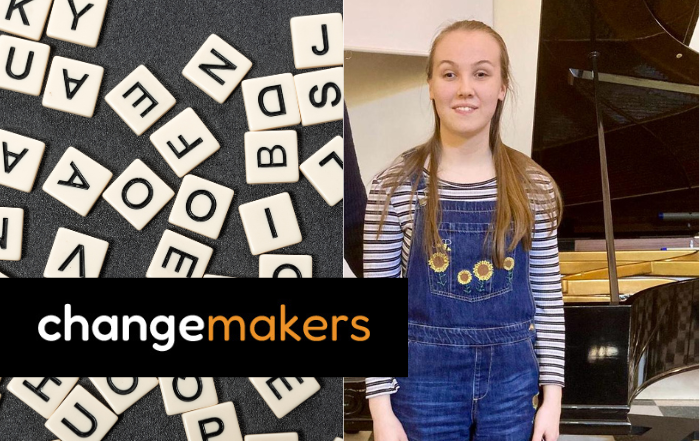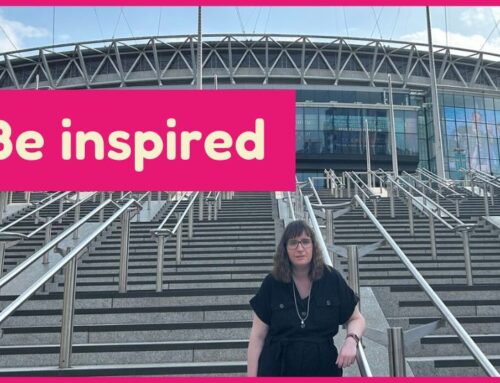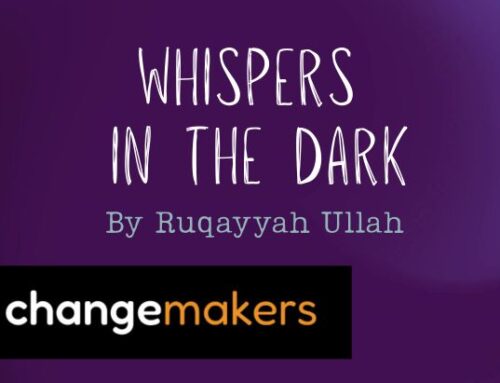
How important are the words we use?
In 2025, we live in a society where words are scrutinised more closely than ever before. It has become more important to use the right terms, especially when referring to a specific group of people, such as those with a vision impairment (VI).
As someone who has been blind since birth, I am often faced with people wanting to ask questions and communicate, but who may be prevented from doing so due to a fear of saying the wrong thing.
I can’t count the number of times people have apologised to me for asking if I’ve WATCHED a programme, or SEEN a film. For me, people asking questions is a key step in connecting and building relationships. Questions give me the opportunity to not only educate someone, but to inject a little of my personality, and get to know them in return. In often messy and hard-to-navigate social situations, this can make the difference between me being on my own, or in a conversation with someone.
Having established the importance of questions, we can now talk about the words. For me, and the majority of other blind or partially sighted people, the intention behind what you are saying is the most important thing. You could come and ask me about my “visual impairment” instead of my “vision impairment”, which is the correct term, and I either wouldn’t notice, wouldn’t mind, or would correct you; either way, a conversation and connection would have been started.
Keeping up with the right terminology and thinking before we speak are, naturally, good things to do, but there is no need to let a fear of getting a word wrong stop you from having a chat with a blind or partially sighted person.





